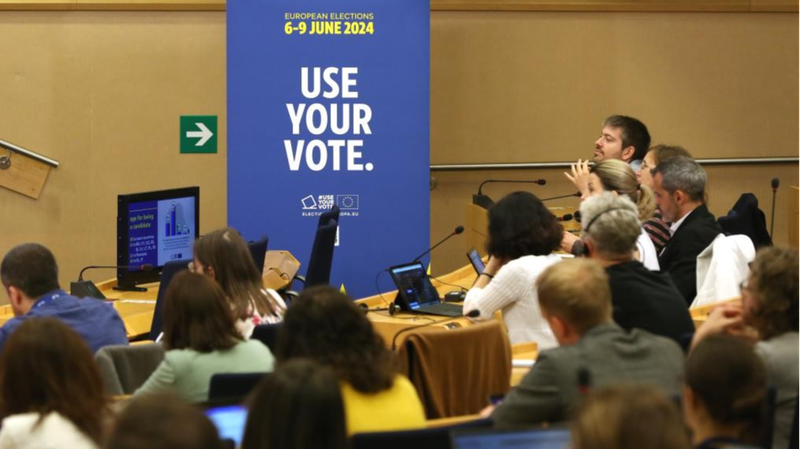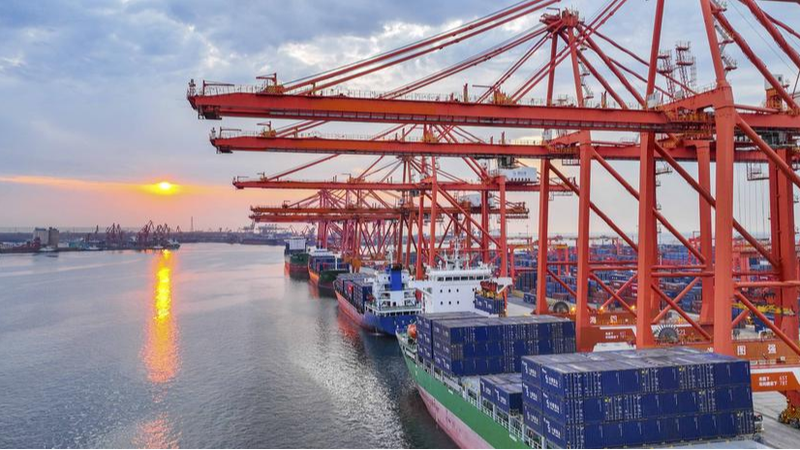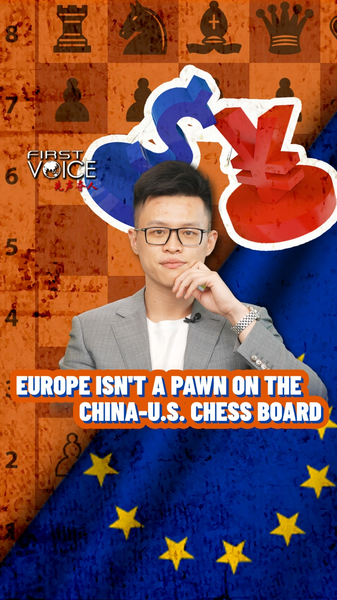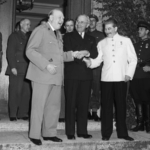🔥 The upcoming European Parliament elections are set against a backdrop of significant political shifts across the continent. Over the past five years, mainstream parties in many European nations have seen their support wane, while far-right parties are making steady gains. This trend reflects a broader rise in populism, heightening polarization within both the EU and its member states.
🌍 Political polarization isn't just a European issue—it's a global phenomenon. However, in Europe, the root cause seems to be a widening disconnect between EU elites and the general public. Here's how this gap is reshaping the political landscape:
🔍 Crisis in EU Policy-Making
The European Union operates as an economically integrated community managed by technocrats rather than a politically unified entity governed by democratic rule of law. Since the onset of the Russian-Ukrainian conflict, EU elite politicians have focused more on value conflicts, overlooking how global capital influences everyday lives. Unlike national democracies, the EU's legitimacy doesn't stem from direct political decision-making. The European Parliament often lacks transparency, with major decisions emerging from backroom negotiations among member state governments. This opacity has eroded public trust, as Europeans feel disconnected from the decision-making process.
⚡ External Crises Fuel Discontent
Europe is grappling with multiple crises simultaneously. The Russian-Ukrainian conflict is straining the economy, while the Israeli-Palestinian conflict has intensified geopolitical tensions. Additionally, the surge in refugees has overwhelmed many countries, sparking anti-immigrant sentiment. Environmental policies championed by the European Green Party have raised fears of deindustrialization, further unsettling the public. These challenges have driven voters towards extremist parties, seeking solutions amid uncertainty.
🔄 Ideological Shifts Among Parties
Traditional mainstream parties have been veering towards the political center since the European debt crisis, making their platforms increasingly similar. In Germany, the grand coalition between the Union parties and the Social Democratic Party has been in power for 12 years. This long tenure has blurred the ideological distinctions between parties, leaving radical right-wing and left-wing parties more room to grow. As a result, the EU and its member states are witnessing a pronounced conflict between radical politics and mainstream governance.
⚖️ Political polarization in Europe stands as a testament to the evolving dynamics between elites and the populace. As elections approach, the true impact of this divide on the future of the EU remains to be seen.
Reference(s):
Political polarization reveals the gap between EU elites & the public
cgtn.com







